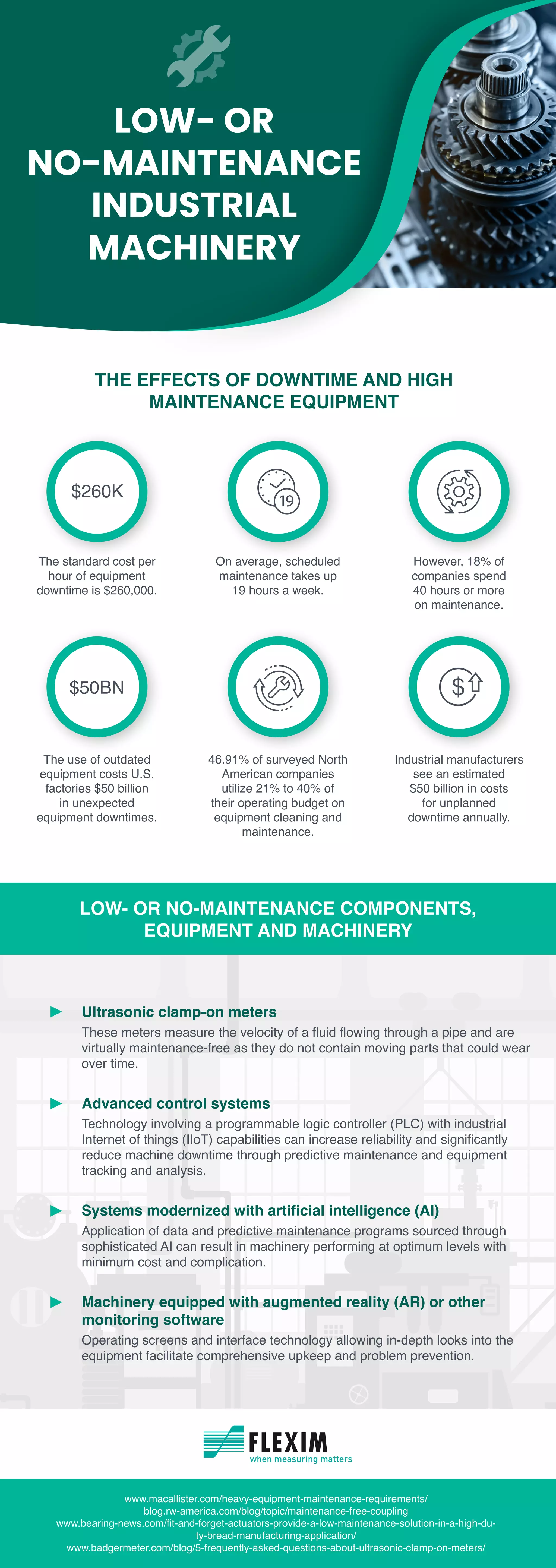The manufacturing industry is grappling with persistent supply chain challenges that manifest in production delays, cost overruns, and inventory shortages. These issues pose a threat to profit margins, urging companies to seek innovative solutions for sustained success. Amidst these challenges, a transformative wave of industry-wide innovations has emerged, significantly enhancing the efficiency of production equipment. The impact of these innovations reverberates across various manufacturing sectors, marking a pivotal era of change and advancement.
One noteworthy example of these technologies are industrial sensors, such as gas flow measurement devices, vibration sensors, and spectrometers. These sensors play a crucial role in elevating maintenance efficiency and effectiveness. By identifying early signs of equipment failure, they empower organizations to conduct highly targeted maintenance precisely when needed.
Industrial sensors operate as vigilant watchdogs, collecting data continuously. This data not only facilitates in-depth analytics but also enables the generation of metrics that trigger alerts at the earliest detection of potentially faulty conditions. This proactive approach to maintenance, known as predictive maintenance, has the power to reduce the occurrence of emergency reactive maintenance events. Moreover, it complements and enhances scheduled maintenance by intervening precisely when required, mitigating the risk of production problems and downtime.
The integration of predictive maintenance into manufacturing processes can offer organizations a more strategic and preemptive approach to equipment management. For more information surrounding predictive maintenance, continue on through the resource highlighted alongside this post for a comprehensive understanding of its benefits and implementation strategies.
Low Or No Maintenance Industrial Machinery was provided by FLEXIM







